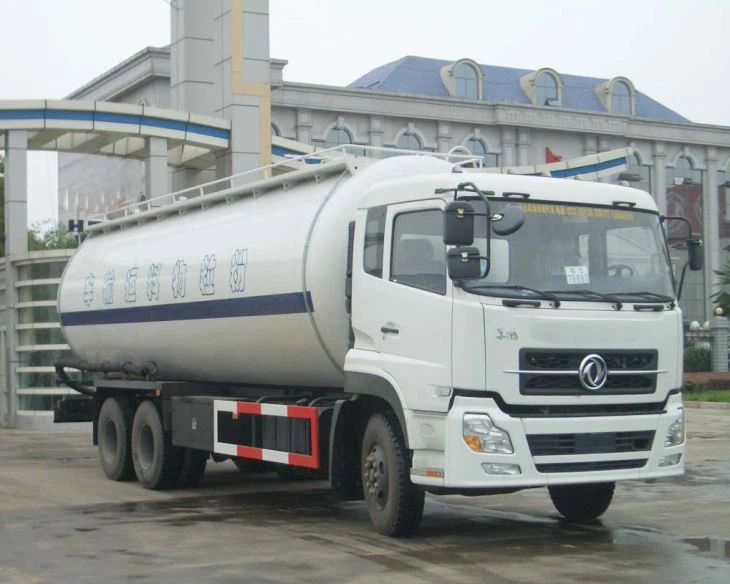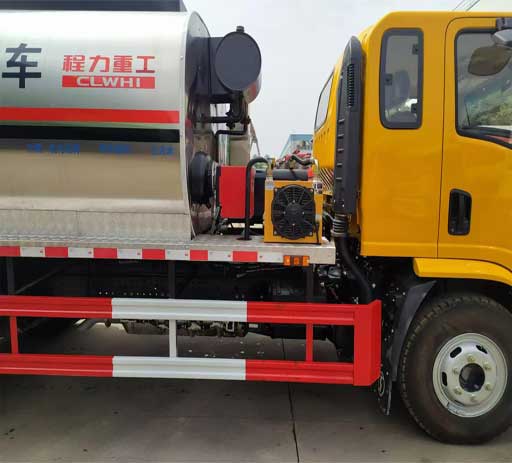What is a Wrecker: Understanding Towing Services and Their Functions

A wrecker, often referred to as a tow truck, plays a crucial role in road safety and vehicle recovery. It is a specialized vehicle designed to transport cars that have broken down, been involved in accidents, or are otherwise unable to drive on their own. This article will explore the various aspects of wreckers, their types, functionalities, and tips on how to choose a reliable towing service.
What is a Wrecker and Its Primary Functions?
A wrecker is a specialized vehicle equipped with tools for towing and recovering vehicles that are inoperable. The primary functions include:
- Transporting damaged vehicles
- Recovering vehicles from accidents
- Removing illegally parked vehicles
- Assisting with roadside emergencies
Types of Wreckers
Wreckers come in various types, each designed for specific towing jobs. The most common types include:
1. Flatbed Wreckers
Flatbed wreckers feature a long, flat platform that extends to the ground, allowing vehicles to be driven or winched onto the bed. These are ideal for transporting luxury or damaged vehicles, as they prevent further damage during transport.
2. Hook and Chain Wreckers
This traditional style uses chains and hooks to lift the damaged vehicle from its wheels. While effective for some situations, it can cause damage to the towed car, making it less popular today.
3. Wheel-Lift Wreckers
Wheel-lift wreckers use a metal yoke that fits under the vehicle’s wheels. This allows the vehicle to be lifted and towed without contact with the ground, reducing the risk of damage.
4. Integrated Wreckers
These wreckers combine towing capabilities with a flatbed, allowing for versatility in handling various types of vehicles. They are often used by emergency service providers.
Common Uses of Wreckers
Wreckers serve multiple purposes in the automotive world. Some of the most common uses include:
- Accident Recovery: Removing vehicles involved in accidents to clear the road and transport them for repairs.
- Breakdown Assistance: Helping vehicles that have broken down due to mechanical issues or flat tires.
- Parking Violations: Legally towing vehicles that are parked in prohibited areas.
- Repossession: Assisting banks and car dealerships in reclaiming vehicles from owners who defaulted on payments.

Choosing the Right Wrecker Service
When selecting a wrecker service, several factors should be considered to ensure you receive reliable and efficient service.
1. Reputation and Reviews
Research customer reviews and ratings to gauge the service’s reliability and professionalism. Websites like Yelp and Google Reviews provide insights into past customer experiences.
2. Availability
Look for a wrecker service that operates 24/7 to ensure assistance is available whenever you need it. Emergencies can happen at any time, and prompt response is crucial.
3. Pricing Structure
Inquire about the pricing structure. Some services charge a flat rate, while others may use mileage rates. Make sure to ask about any additional fees.
4. Services Offered
Different wrecker companies provide various services. Ensure the service you choose offers the type of towing and recovery needed for your specific situation.
5. Insurance and Licensing
Verify that the wrecker service is licensed and insured. This protects you from liability in case of an accident during towing.
Preparing for a Wrecker Call
When you find yourself needing a wrecker, being prepared can expedite the process. Here are some tips:
1. Gather Information
Have your vehicle’s make, model, and location ready to provide accurate information to the wrecker service. This will help them dispatch the appropriate vehicle for your needs.
2. Stay Safe
If you are in a potentially dangerous situation, such as on the side of a busy road, stay inside your vehicle with your seatbelt fastened until the wrecker arrives.
3. Keep Contact Information Handy
Save the contact information of your preferred wrecker service on your phone for easy access when an emergency occurs.
DIY Towing Safety Tips
While hiring a professional wrecker is advisable for most situations, if you find yourself needing to tow a vehicle yourself, follow these safety tips:
1. Use a Reliable Tow Bar
If you’re using a tow bar to move a vehicle, ensure it is rated for the weight of the towed vehicle.
2. Check Connections
Before towing, thoroughly check that all connections are secure and that brake lights and turn signals are functioning properly.
3. Maintain Safe Speed
Drive at a reduced speed while towing to maintain control and ensure safety.
4. Avoid Sudden Movements
Make gentle turns and avoid abrupt stops to prevent swaying or fishtailing.
Case Studies: Wrecker Service in Action
To provide a deeper understanding of wrecker services, let’s explore a few case studies illustrating various scenarios:
Case Study 1: Accident Recovery
In a busy city, a vehicle was involved in a rear-end collision. The wrecker service received a call from the police and arrived on the scene promptly to remove the damaged vehicles, ensuring traffic flow was restored quickly.
Case Study 2: Emergency Breakdown
A family on a road trip experienced a breakdown due to engine failure. They called a local wrecker service, which arrived within 30 minutes to tow their vehicle to a nearby repair shop, allowing them to continue their journey with minimum delay.
Case Study 3: Parking Violation

In a shopping mall, several vehicles were parked in a spot designated for emergency vehicles. A wrecker was called to remove the offending cars, ensuring the area was accessible for necessary public services.
Future of Wreckers and Towing Services
The towing industry is continually evolving with advancements in technology. Here are some trends shaping the future of wrecker services:
1. Electric Tow Trucks
With the rise of electric vehicles, electric tow trucks are beginning to emerge, offering eco-friendly solutions for vehicle recovery.
2. Improved Tracking and GPS Technology
Many wrecker services are now utilizing GPS technologies to provide real-time tracking of their tow trucks, ensuring quicker response times and enhanced efficiency.
3. Increased Automated Towing Solutions
Automated towing solutions, such as robotic tow trucks, are being developed to reduce the costs associated with traditional towing methods and provide faster responses in emergencies.
Frequently Asked Questions (FAQ)
1. What is the average cost of a wrecker service?
The average cost varies based on location, type of tow required, and distance. Typically, rates can range from $75 to $200, plus additional mileage fees if applicable.
2. How long does it take for a wrecker to arrive?
Response times vary based on traffic conditions and the location of the nearest wrecker. On average, it can take anywhere from 15 to 45 minutes.
3. Can I call a wrecker service for a non-accident vehicle?

Yes, you can call a wrecker service for various issues, including breakdowns, flat tires, or if your car is stuck in a ditch.
4. Are wrecker services available during bad weather?
Most wrecker services operate in bad weather. However, response times may be affected significantly due to unsafe road conditions.
5. What should I do before a wrecker arrives?
Make sure to stay safe, gather all relevant vehicle information, and ensure your vehicle is in a safe area for the wrecker to operate with ease.
6. How can I avoid needing a wrecker service?
Regular vehicle maintenance and inspection can help prevent breakdowns. Additionally, having a roadside assistance plan can offer peace of mind in emergencies.
